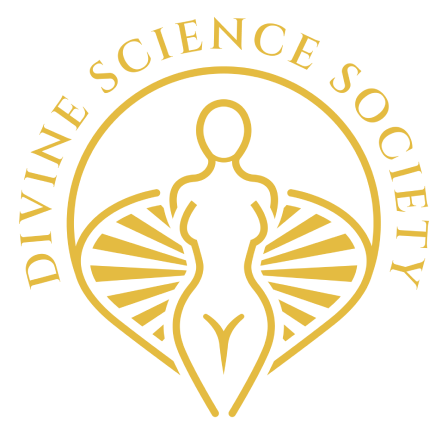
Legal Statement
Religious liberty is a core American value. The First Amendment’s Free Exercise clause and Establishment Clause protect religious liberty from government interference. Religious freedom is further protected by the Religious Freedom Restoration Act (RFRA) which was passed by the US Congress in 1993. RFRA prohibits the government from substantially burdening a person’s religious practice, unless the government demonstrates that burdening the religious practice is the least restrictive means of advancing a compelling government interest.
For entheogenic churches, this means that the government cannot interfere with the religious use of a controlled substance just because it is a controlled substance.
The First Amendment and RFRA have protected a number of entheogenic religious organizations from government intrusion. There has long been an exception to the Controlled Substances Act made for the Native American peyote churches. In Gonzales v. O Centro Espirita Beneficente Uniao Do Vegetal (UDV), 546 U.S. 418 (2006), the Supreme Court decided that the Controlled Substances Act does not categorically prohibit the religious use of an otherwise illegal substance, in that case, Mimosa Hostilis. In the Santo Daime case (615 F. Supp. 2d 1210 (D. Or. 2009)), an ayahuasca church won legal protection for religious use of a controlled substance. In Santo Daime, the court found that because the church established that they are sincere in their religious beliefs, and that the ceremonial use of ayahuasca is essential to their religion, the church is protected by RFRA. More recently, in 2024, the Church of the Eagle and the Condor (CEC), reached a settlement agreement with the government that permits CEC to import, possess, and use Mimosa Hostilis in religious ceremonies. Presently, many entheogenic churches have formed across the United States and operate under the protection of these laws.
The Divine Science Society is a religious non-profit organization under California state law and a 501(c)(3) tax exempt religious organization under the Internal Revenue Code. The Divine Science Society asserts that its sincere religious beliefs and the use of our sacred offering being a core tenet of those beliefs, with the sacred offering being used in a manner that ensures safety and prevents diversion, protects the religious liberty and practices of its members under RFRA and the First Amendment.


